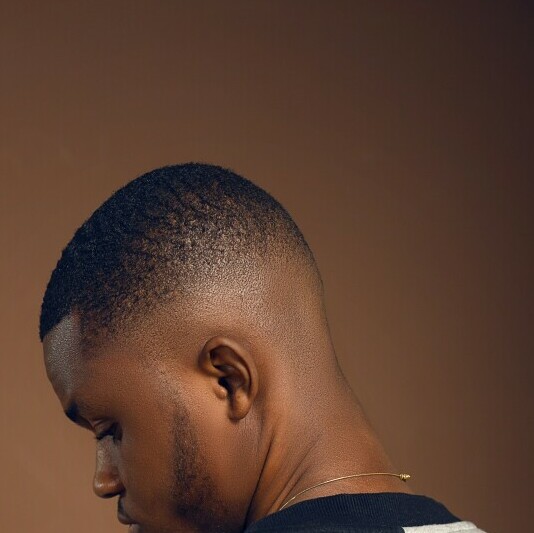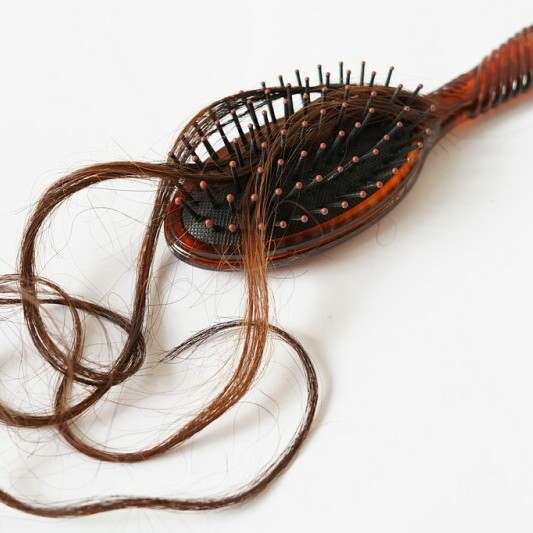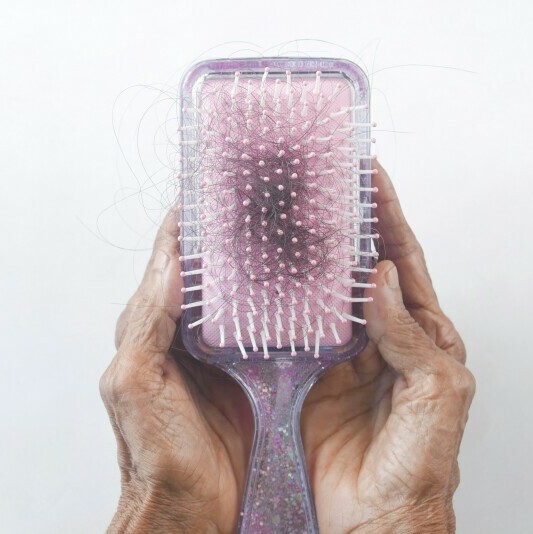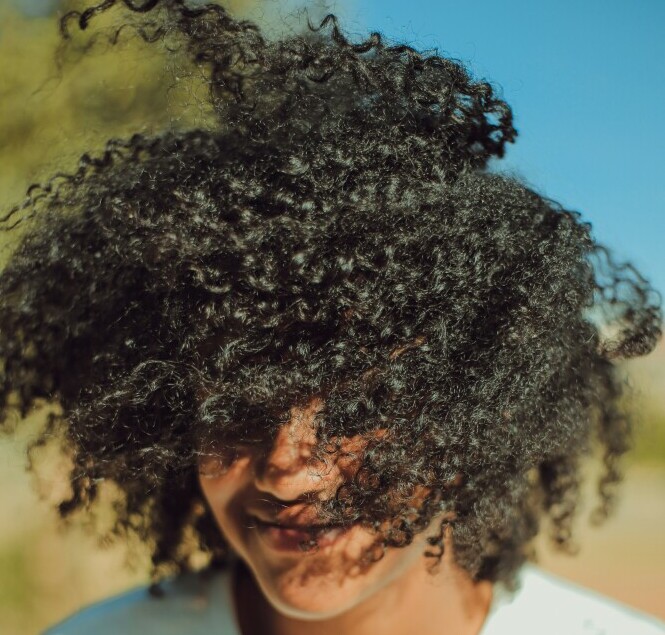If you’re curious about the peculiarities of hair loss in afro hair, you’re not alone. The unique texture and structure of afro hair require special attention, and I’m going to help you understand why. Afro hair isn’t just a statement of style; its distinctive coily or kinky patterns pose specific challenges that can influence hair health.

It’s not uncommon to hold onto myths about afro hair loss, thinking it’s simply a matter of genetics or unavoidable fate. But, let me clear the air: hair loss can result from a variety of factors, and debunking these myths is the first step towards effective care and treatment.
Beyond the physical aspects, hair loss can significantly affect one’s self-esteem and sense of identity, making it more than just an aesthetic concern. The social and emotional dimensions associated with hair loss, particularly in cultures where hair is a prominent feature, underscore the importance of addressing this issue with sensitivity and awareness.
Tackling hair loss in afro hair isn’t a one-size-fits-all scenario; it demands a tailored approach that considers the hair’s innate qualities. As we delve into the causes of hair loss in the next section, remember that knowledge is power. Understanding the roots of the problem will equip you with the tools you need for prevention and treatment.
Roots of the Problem: Causes of Hair Loss in Afro Hair
Unraveling the causes of hair loss among those with afro hair isn’t always straightforward. It’s often a complex interplay between genetics, hairstyling practices, medical conditions, and nutrition. Let’s start by taking a peek into your genetic blueprint. Genetics can be a leading character in this narrative; for example, conditions like androgenetic alopecia, also known as male or female pattern baldness, might be hereditary.

Next, I’m going to highlight an often overlooked culprit: styling practices. Tight hairstyles that pull on the scalp, such as braids, dreadlocks, and weaves, can lead to a condition called traction alopecia. Regular use of heat or chemical treatments can also weaken hair strands, causing them to break. This doesn’t mean you need to abandon these styles; it’s about finding the right balance and giving your hair the care it needs.
I remember a few years ago, I actually lost a little patch of hair at the top of my head. It all happened very quickly. I had just finished braiding my hair and I felt like the braid I had was a little tight. However, I was rushing and bumped my head really hard. I had a tingling sensation on the spot and did not think too much about it. I was still in pain after my appointment and ended up taking out my braids because of the pain I had. I ended up taking the braid with my hair and had a small bald spot. I was a little scared it may not grow back but it did after a few months of gentle care.
Moreover, there are certain medical conditions that disproportionately affect hair loss in people with afro hair. For instance, central centrifugal cicatricial alopecia (CCCA) is a scarring type that is more common among African American women. Other conditions like thyroid disorders and autoimmune diseases can also reveal themselves through hair loss symptoms.

I also want to stress the importance of nutrition for healthy hair. Diets lacking in iron, protein, and other essential nutrients can lead to hair shedding. Remember, your hair reflects what’s happening inside your body, so nourishing yourself is key to maintaining those lush locks.
All this might sound daunting, but understanding the causes paves the way for effective prevention and treatment strategies, which I’m excited to share with you next.
A Strand in Time: Prevention Strategies for Afro Hair Loss
Don’t you wish protecting your afro hair from hair loss was as easy as applying a magic potion? Sadly, no such potion exists, but I’m here to help you with practical steps you can take to safeguard those unique locks. Preventing hair loss is about being proactive, not reactive, and it starts right at the roots with caring for your scalp and hair.
Choosing the right approach to prevent hair loss in afro hair often means adjusting your routines. You’ve got to be nice to your hair. Start by steering clear of tight hairstyles that stress the scalp, such as tight braids, cornrows, or weaves. This isn’t just about stopping hair loss; it’s also about maintaining a healthy hair environment.
You’re going to find out about the right hair care products that aren’t laden with harmful chemicals. Look for ingredients that nourish the scalp and hair, like shea butter and natural oils. And remember, less is usually more when it comes to product use. Overloading your hair with too many products can lead to buildup and scalp irritation.
In my opinion, a well-balanced diet is paramount for hair health. Hey, your hair is what you eat! Focus on foods rich in protein, iron, vitamins A and C, and omega-3 fatty acids. If you’re struggling to get all the nutrients you need, consider talking to a healthcare professional about supplements.

Finally, routine is key. Establish a regular washing and conditioning regimen that suits your hair’s needs, but doesn’t overdo it; excessive manipulation can lead to breakage. You can always adjust your approach down the road as you learn what works best for your hair.
Regrowing Confidence: Treatment and Support for Hair Loss
If you’re grappling with hair loss, I’m here to tell you that there are viable solutions out there. Let’s talk about what you can do to foster regrowth and where to seek the support you need.
Medical treatments like minoxidil have been shown to be effective for some people. There are also less conventional routes such as laser therapy and platelet-rich plasma treatments that are gaining attention.
But it’s not just about treatments; it’s also about finding the right support network. A trichologist or dermatologist specializing in afro hair can provide tailored advice and therapies.
Remember, while dealing with hair loss can be tough, you’re certainly not alone in this. Many have walked this path before and have seen positive outcomes.
One final, but crucial, piece of advice: be patient. Hair growth takes time, and consistent care is key. Try not to get discouraged if you don’t see immediate results.
In the meantime, there are myriad styling options and hairpieces that can give you the look and confidence you’re striving for. And always celebrate the small victories along your journey to regrowth.
Leave a Reply